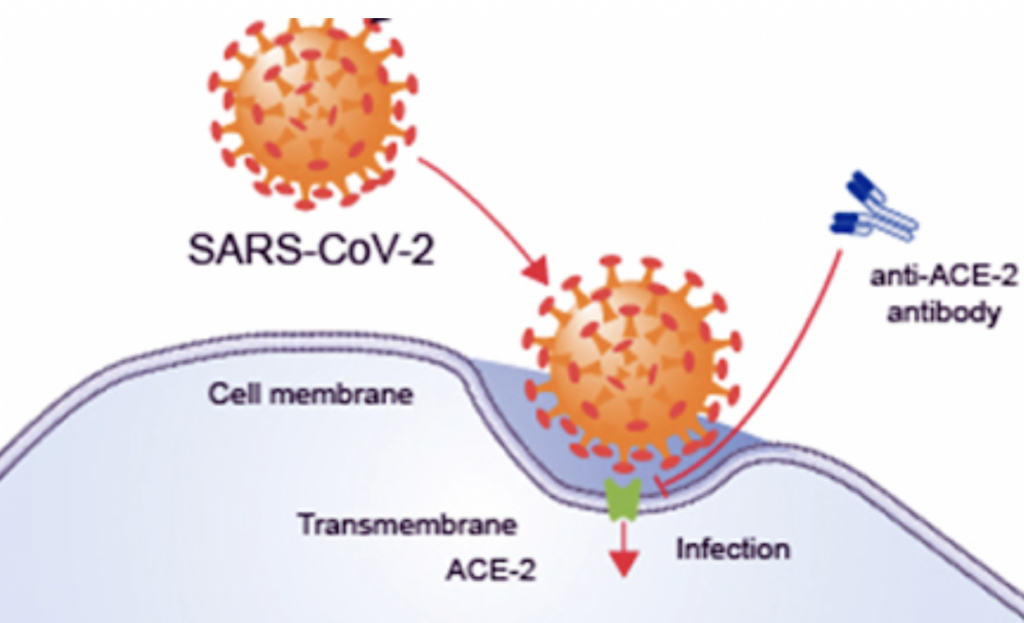GIC’s 6-step guide to Boosting your immunity and protecting yourself
Let’s start by understanding what a virus is
Viruses are extremely primitive organisms. Unlike bacteria, they are not intelligent life forms and have no working cell organisms. They simply have a cytoplasm/ a membrane that covers and encapsulates them, which leads us to the first point about how you can protect yourself against viruses.
#1 Ensure hand, oral, and nasal hygiene
- Washing your hands with soap and water breaks the membrane that holds a virus, nullifying any contact that your hands could make with it.
- Oral hygiene is extremely important; try gargling with salt water as this helps clean the throat and throat passage.
- A virus looks for unclean entry points into the body. It latches on to sugar in the body to help it replicate.
- Therefore, keep your sugar intake low. Always brush your teeth and rinse your mouth after consuming anything sweet.
#2 Consume probiotics to maintain stomach/ gut health
- Probiotics such as the Lactobacillus are your first line of inner defense against viruses.
- A virus that enters a human body lives in its host for 2 days before moving on. It usually looks for weaker hosts in order to spread and replicate, as hosts with stronger immunity send ‘soldier cells’ to defend the body against any virus.
- Probiotic foods like yogurt and cultured vegetables help the gut and your immune system to this end.
- Avoid eating spicy or fried foods that harm your natural probiotic levels.
#3 Stay hydrated
- Water helps your blood circulation, which in turn keeps your skin and nasal passage subtle and moist. This ensures there are no tears through which viruses can enter your body. It also helps to keep your sinus passage clear.
#4 Get adequate vitamin D and C, and Zinc
We cannot stress enough on the importance of these vitamins and minerals.
- Vitamin D assists with the respiratory function. Different cells in our body have within them receptors which respond differently when faced with a virus. A virus such as COVID/ SARS tries to attach itself to the ACE 2 receptors within the lung. The ACE 2 receptors when filled with vitamin D naturally repel any virus that tries to latch on. During the winter months when we see less of the sun, get your share of vitamin D from sources such as Salmon, oily fish, mushrooms, milk, and egg yolks.
- Vitamin C directly inhibits viral growth. It is medically proven to have antiviral properties or those that stop viral multiplication. Vitamin C can be found in citrus fruit, berries, broccoli, sprouts, and tomatoes.
- Zinc inhibits and blocks the replication of viruses in cell culture. Generally, 60,000 IU per week is the recommended intake level for this mineral.

#5 Exercise regularly
- Moderate cardio exercise stimulates bone marrow function, which in turn helps produce white blood cells that strengthen your immunity and lung function.
- Muscle training is an effective way of balancing glucose levels and leaving no excess sugar in the body, as muscles consume energy. Excess unutilized sugar can be used as fuel by viruses.
- Yoga/ Pilates/ stretching all help with breathing. They open up and strengthen your diaphragm and lung muscles.
#6 Remove physical stress
- A good night’s sleep helps the body recover and repair. It’s when we do most of our healing. While lack of sleep might not make you sick, it leaves your body more prone to illness. So, get the recommended 7-8 hours of shut-eye and more if you’re sick.
- When joints dysfunction, they irritate the nerves, which interferes with your body’s innate ability to heal itself. A well-adjusted body is more equipped to function at its optimal. Therefore, get regular chiropractic adjustments.
- Excess exposure to blue light from devices can wind up your nervous system, increase stress, and disrupt your body’s natural sleep-wake cycle. Switch off TVs, phones, and tablets at least 1 hour before bed.
Remember, building and maintaining a good immune system is a process, not a one-time task. What we do daily affects our health. With simple acts of hygiene, wiser food choices, and better ways of resting, staying active, and coping with stress, we can boost our immune system and stay better prepared to fight viruses and infections.

